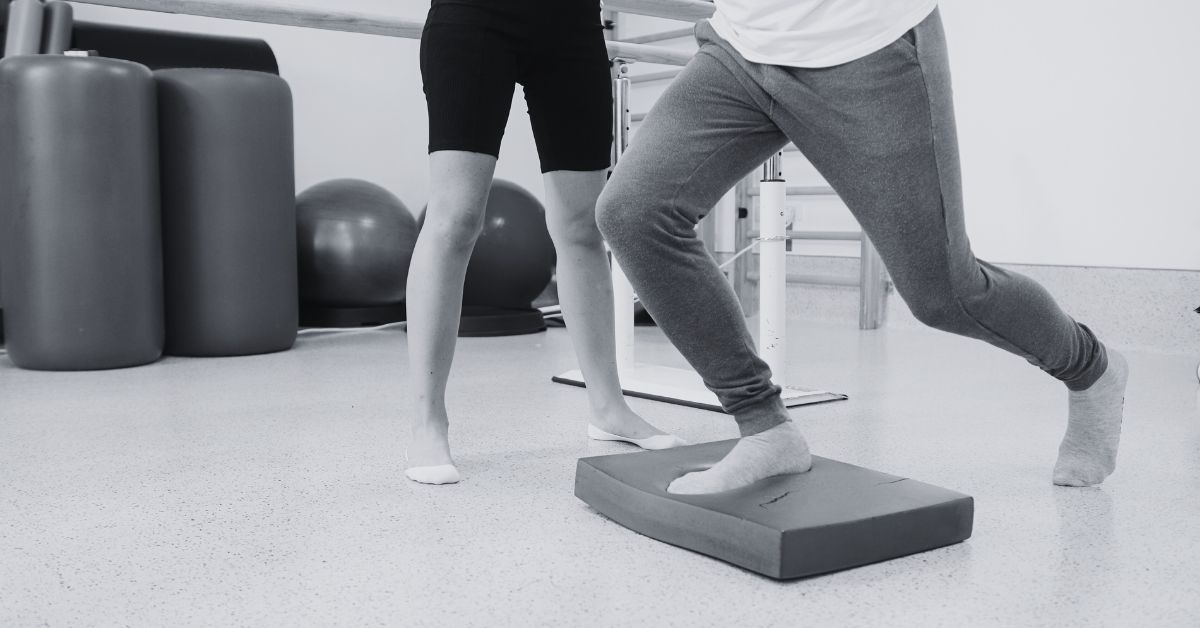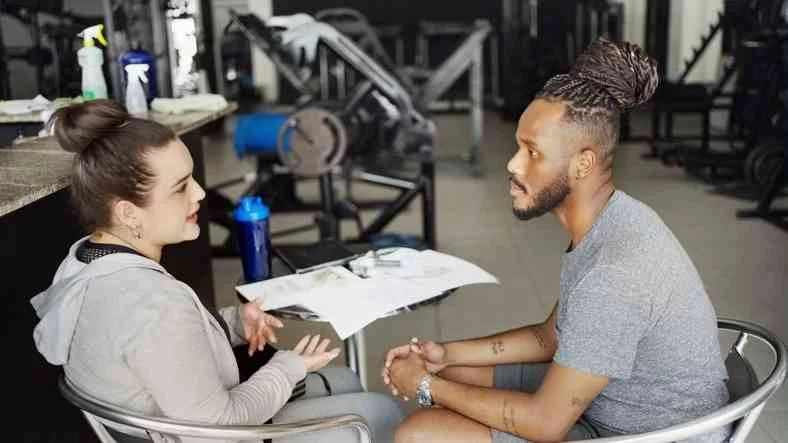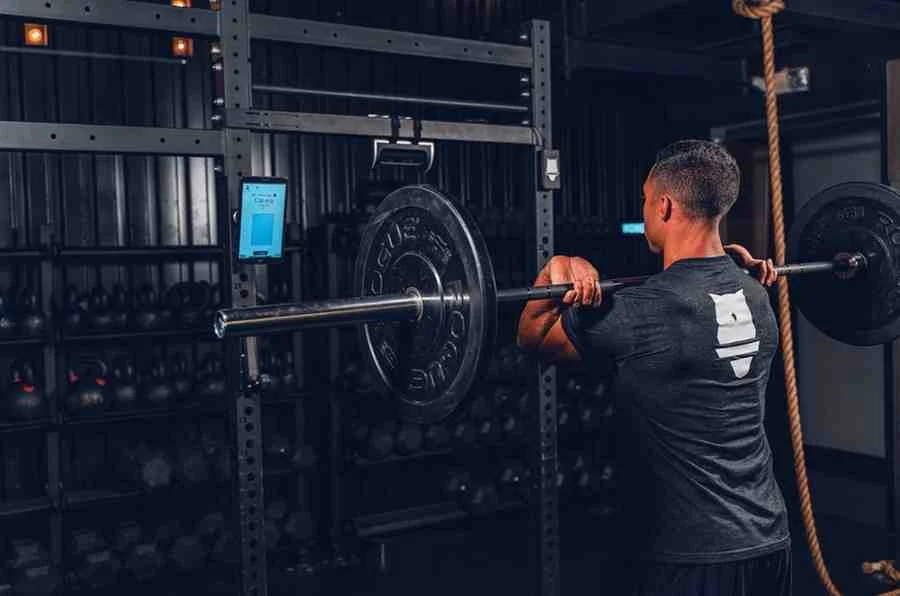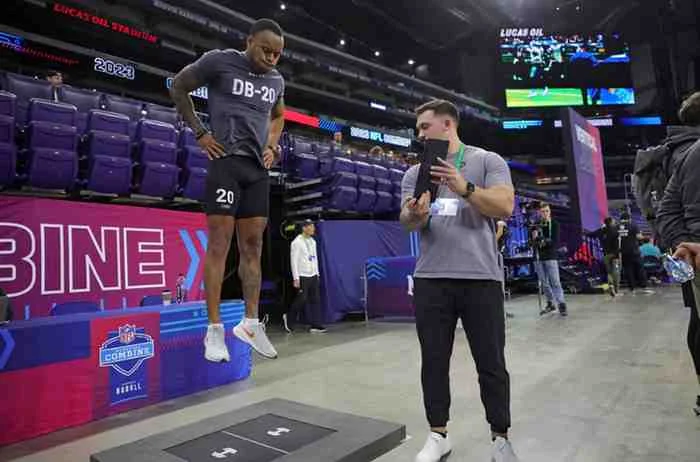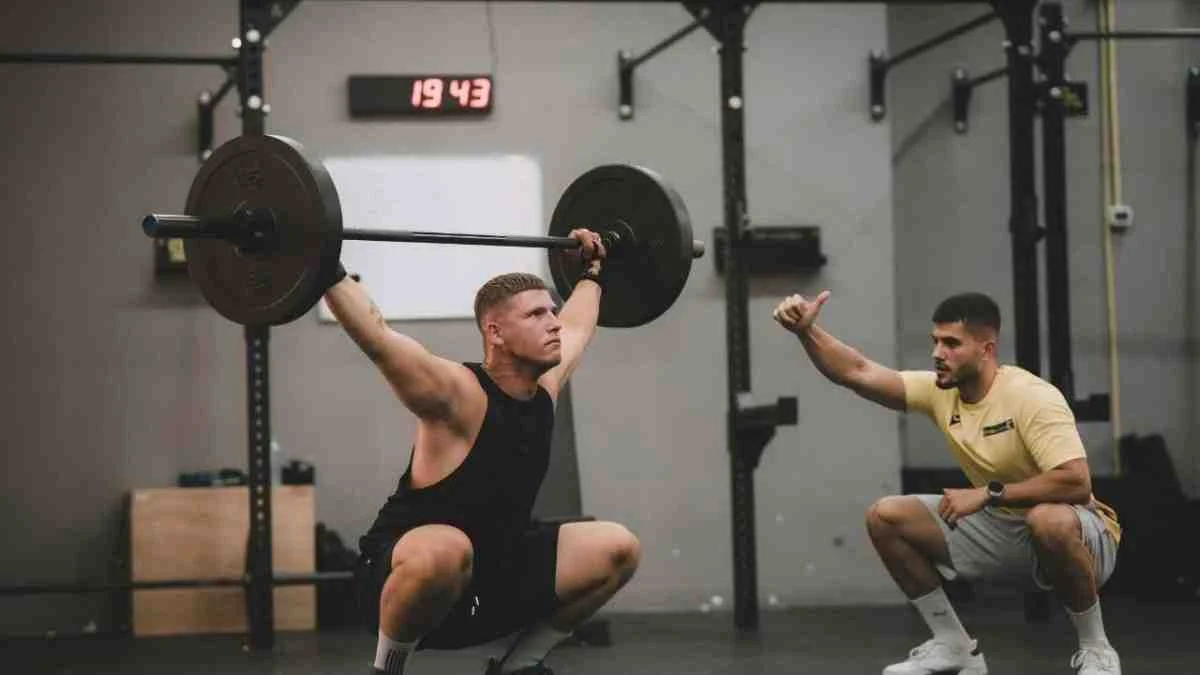I can’t tell you how many stories I’ve heard—and continue to hear—about strength and conditioning coaches struggling with sport coaching staffs or battling through conflicts with medical staffs. Often, these struggles lead to a strength and conditioning coach finding themselves out of a job.
I always come back to the idea that, as strength and conditioning coaches, we are often our own worst enemies. Why is that? Because too often we look and act like meatheads, and when we do, we scare the coaches, trainers, and physical therapists we are supposed to be collaborating with. Am I stereotyping? Maybe—but, most stereotypes tend to originate from some element of truth. Physical therapists or athletic trainers who do not trust their strength coach will often say things like “upper body only” because they are worried about what the strength coach might do. A simple question like, “Can we work on the good leg” usually draws an affirmative response and gets you on your way. A follow up question, like, “Can they ride the bike,” often draws a similar response. Suddenly “upper body only” becomes a ¾ body workout that can safely finish with some conditioning.
I always come back to the idea that, as strength and conditioning coaches, we are often our own worst enemies. Why is that? Because too often we look and act like meatheads..., says @mboyle1959. Share on XWith sport coaches, the conflict is often different, but in many ways rooted in the same issues. The young strength coach often comes from a football or powerlifting background and suddenly every athlete is a powerlifter (or a bodybuilder). This leads to the “they don’t understand our sport” conflict.
In Seven Habits of Highly Effective People, Stephan Covey talks about “seeking first to understand, then to be understood.” If you want to be involved in the process, seek first to understand. We refer to this as learning to speak coach. Do you truly understand the sport? Do you understand the injury of the athlete in front of you? Have you studied the anatomy and energetics of the game or the athlete in question? Have you done some extra reading? If a player has had surgery, do you understand the procedure? If it’s a sport you are unfamiliar with, are you talking to the coaching staff and attending practices and games? Can you ask intelligent questions? Do you engage your sport coach, athletic trainer, physical therapist, and team docs in conversation when the opportunity arises?
First, Understand: Some Suggestions
For team sports, study the sport you are working with. Who are the best players? What makes them the best? Skill is obviously number one in most team sports (and is less trainable), but speed and power are often what separate the best from the pack. Speed and power are both more trainable than skill and should receive lots of attention.
In injury situations, attend as many medical evaluations and physical therapy sessions as you can. From the start of my career at Boston University, I tried to be in our weekly injury clinic (where our doctors would look at our injured players). Initially, I kept my mouth shut and took notes. I had an athletic training background, so I felt somewhat comfortable in these settings. One lesson I learned: Save your questions until the athlete is out of the room. Never make it appear that you are undermining the doctor, physical therapist, or athletic trainer. I learned a ton in these sessions. What I learned early on was that there’s a lot I didn’t know. One question I began to ask was, “What could I do in the weightroom that could screw this process up?” I also began to ask specifically, “What can we safely do?”
Any time your PT or AT is doing an evaluation, ask to watch. Bring a notepad or take notes on your phone. If you hear terminology you don’t understand, research it. Prepare to come back the next time with intelligent questions. Ask, “What should I be reading?” Most trainers and PTs will be happy to point you in the right direction.
Watch the best. If you’re working with ice hockey, watch NHL games. If you work with lacrosse, watch the PLL and AuPro leagues. If you train soccer players, watch the Premier League. Become familiar with names, terms, etc.
Reading suggestions? Every strength coach should read Stuart McGill’s Back Mechanic and Shirley Sahrmann’s Diagnosis and Treatment of Movement Impairment Syndromes. I also learned a lot from Porterfield and DeRosa’s Mechanical Low Back Pain.
Also, every strength and conditioning coach should own Kendall and Kendall’s Muscles: Testing and Function and Trail Guide to the Human Body. Become an injury expert if you want to be treated like one.
Attend seminars outside of strength and conditioning. I love rehab seminars. I probably love them more than strength and conditioning seminars, says @mboyle1959. Share on XIn addition, attend seminars outside of strength and conditioning. I love rehab seminars. I probably love them more than strength and conditioning seminars. My early days with the Boston Bruins led me to Gary Gray’s “When the Foot Hits the Ground” course, and in the process, my entire career changed. I became a rehab expert simply because I was not afraid to get out of my comfort zone, grab a front row seat, and learn. I think I’ve been to Kevin Wilk’s “Knee and Shoulder Course” at least three times. I try to go every five or so years to see how surgery and rehab are changing. I’ve sat in the front row of Stuart McGill talks probably a dozen times.
Last suggestion: Don’t be an internet parrot. Don’t repeat the opinions of internet experts as facts. It’s fine to listen; it’s another thing entirely to assume that everything you read or hear is factual, and that goes double for the internet. If the person makes their money by being an internet expert, be wary. Guys like Kevin Wilk and Stuart McGill lecture in their spare time, not as their primary income source.
If you want a seat at the table, prepare like a professional. Dress like a professional, lift like a professional, and read like a professional, says @mboyle1959. Share on XFigure out where the cutting edge is, and get there. You may only be there as an observer, but what you observe will change you.
If you want a seat at the table, prepare like a professional. Dress like a professional, lift like a professional, and read like a professional.
Since you’re here…
…we have a small favor to ask. More people are reading SimpliFaster than ever, and each week we bring you compelling content from coaches, sport scientists, and physiotherapists who are devoted to building better athletes. Please take a moment to share the articles on social media, engage the authors with questions and comments below, and link to articles when appropriate if you have a blog or participate on forums of related topics. — SF

